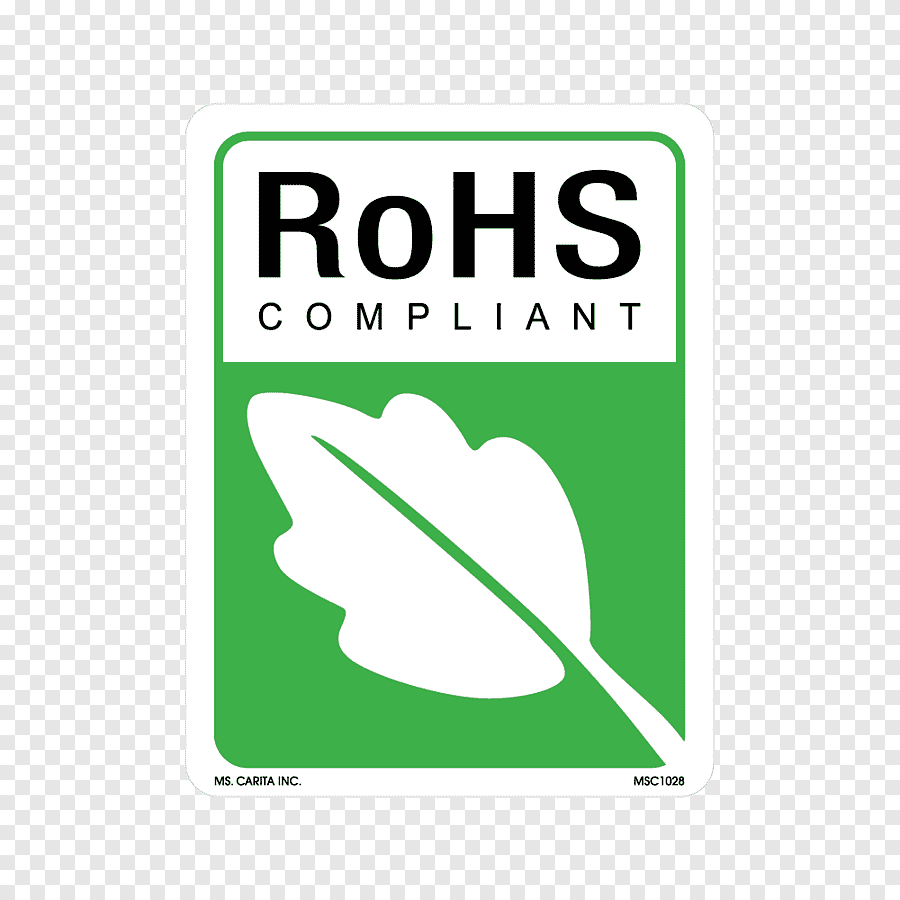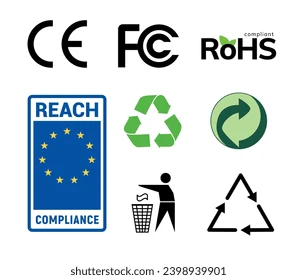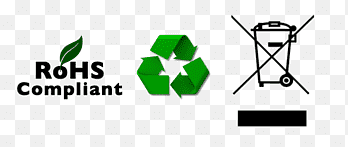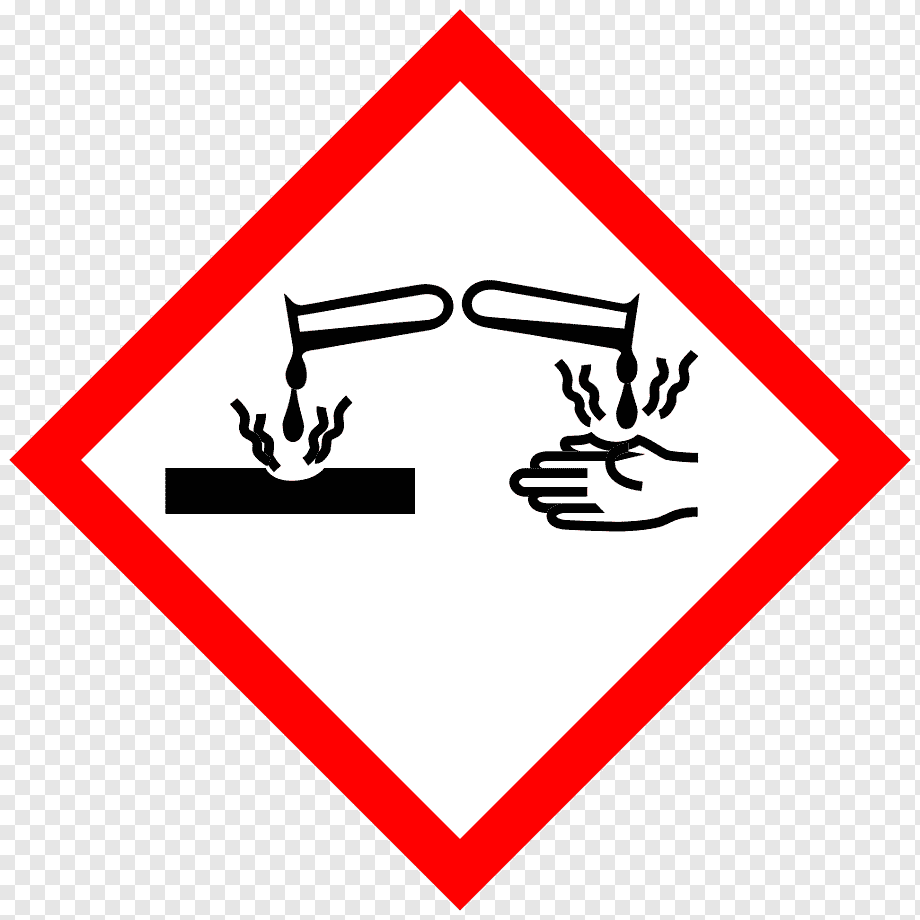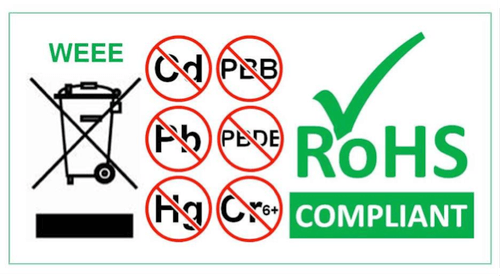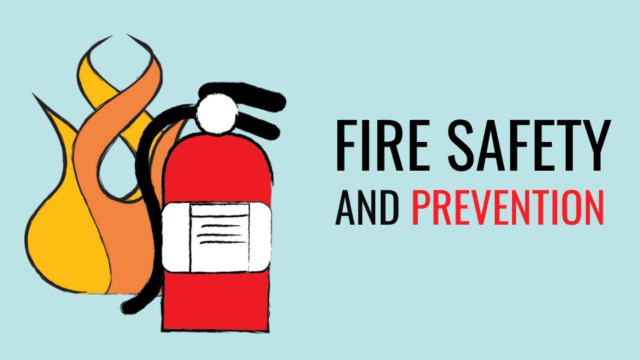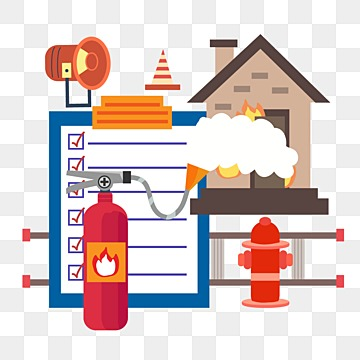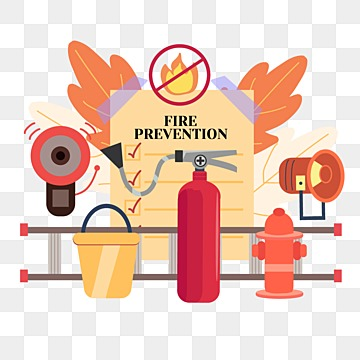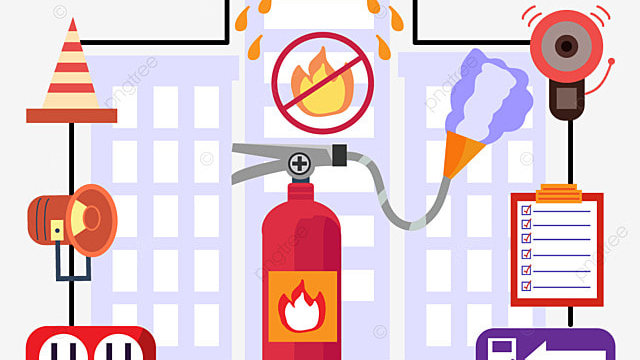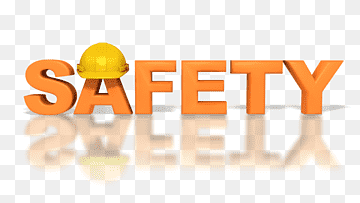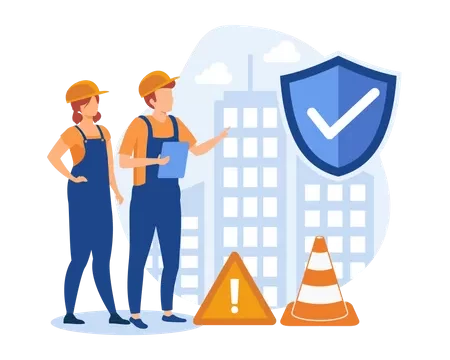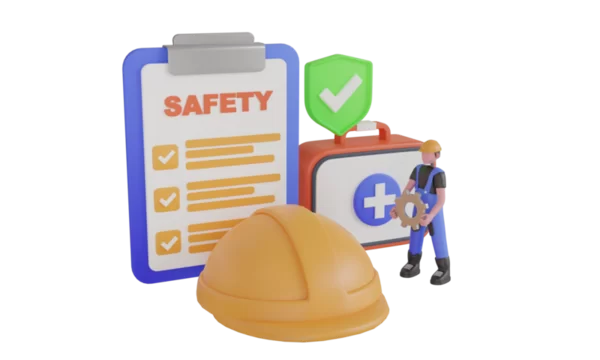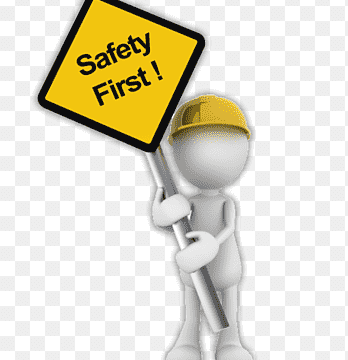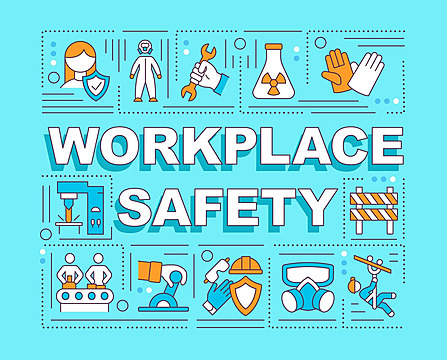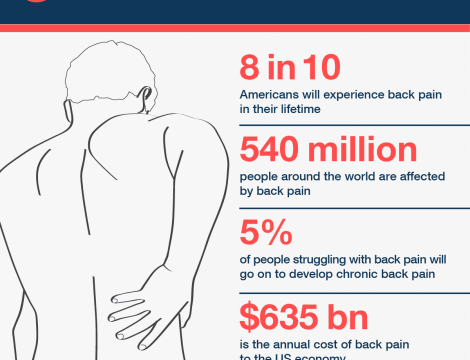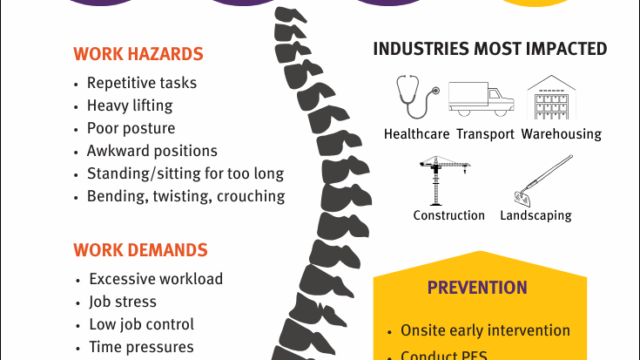Popular
Restriction of Hazardous Substances
Description
Restriction of Hazardous Substances (RoHS) Training Course
Course Overview
This course provides a comprehensive understanding of the Restriction of Hazardous Substances (RoHS) directive, its implications for manufacturers, suppliers, and compliance professionals, and best practices for ensuring compliance. Participants will learn about restricted substances, exemptions, testing procedures, and regulatory requirements.
Course Outline
Module 1: Introduction to RoHS
- Overview of the RoHS Directive
- Purpose and importance of RoHS
- Industries affected by RoHS compliance
- Evolution and updates to RoHS regulations
Module 2: Restricted Substances and Exemptions
- List of restricted substances (e.g., Lead, Mercury, Cadmium)
- Threshold limits for restricted substances
- RoHS exemptions and applications
- Updates and changes in substance restrictions
Module 3: RoHS Regulations and Global Compliance
- RoHS in the European Union (EU)
- RoHS-like regulations in other regions (e.g., China RoHS, UK RoHS, California RoHS)
- Understanding the Waste Electrical and Electronic Equipment (WEEE) Directive
- Differences between RoHS and REACH regulations
Module 4: Compliance and Testing Procedures
- Steps for ensuring RoHS compliance
- Material declarations and supplier certifications
- Testing methods (e.g., X-ray fluorescence (XRF), chemical analysis)
- Third-party certifications and audits
Module 5: Risk Management and Supply Chain Considerations
- Identifying RoHS risks in the supply chain
- Supplier management and compliance verification
- Documentation and record-keeping for compliance
- Handling non-compliance and corrective actions
Module 6: RoHS and Sustainable Manufacturing
- The role of RoHS in environmental sustainability
- Green alternatives and material substitution
- Circular economy and electronic waste management
- Future trends in hazardous substance regulations
Module 7: Case Studies and Practical Applications
- Real-world examples of RoHS compliance challenges
- Best practices from industry leaders
- Group exercises and discussions on RoHS implementation
Course Objectives
By the end of the course, participants will:
- Understand the purpose, scope, and impact of the RoHS directive.
- Identify restricted substances and their permissible limits.
- Navigate global RoHS compliance requirements.
- Recognize testing methods and certification processes.
- Develop risk management strategies for supply chain compliance.
- Explore sustainable alternatives and green manufacturing practices.
- Apply knowledge through case studies and practical exercises.
Learning Outcomes
Upon successful completion, participants will be able to:
- Explain the key principles and objectives of RoHS.
- Identify restricted substances and their compliance thresholds.
- Differentiate between RoHS and other hazardous substance regulations.
- Implement RoHS compliance measures within their organization.
- Assess and mitigate risks in the supply chain.
- Ensure proper documentation and testing for compliance audits.
- Make informed decisions about sustainable materials and design.
Training Methodology
This course will be delivered through a combination of:
- Instructor-led presentations – Theoretical and regulatory framework explanations.
- Interactive discussions – Engagement with real-world scenarios and Q&A sessions.
- Case studies – Analysis of RoHS compliance challenges and solutions.
- Practical exercises – Hands-on activities related to material assessment and compliance.
- Quizzes and assessments – To reinforce learning and ensure comprehension.
- Group activities – Collaborations on compliance strategies and risk assessments.
Location
Review
Write a ReviewThere are no reviews yet.

